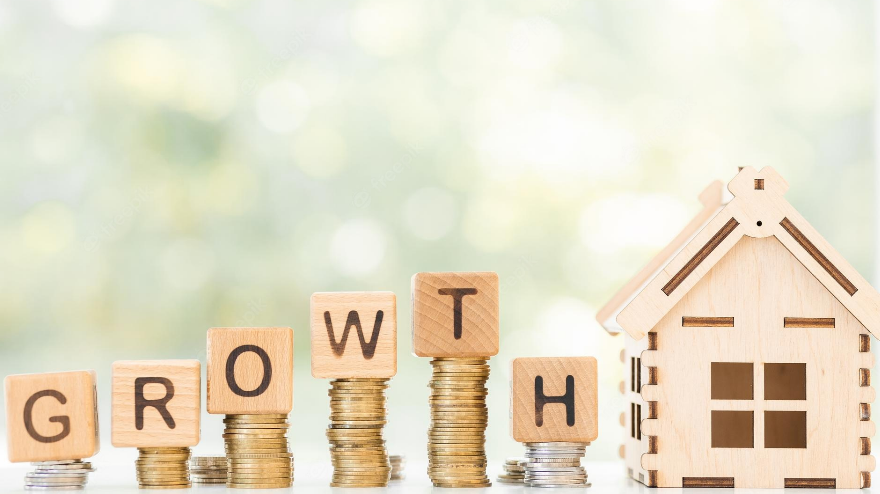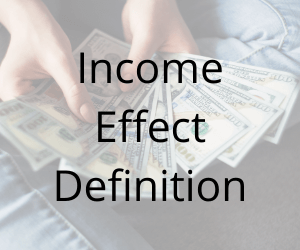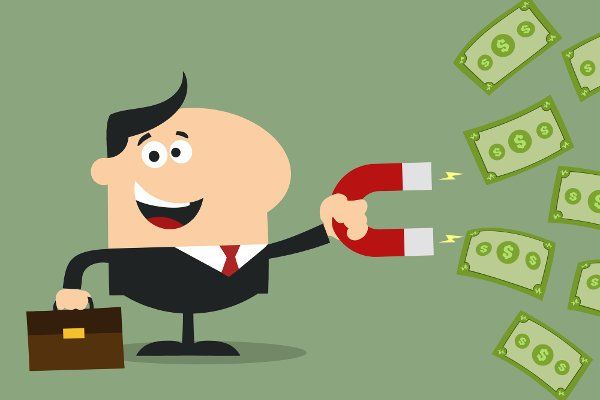"Tax on the poor" is synonymous with lottery because most of the people who often buy lottery are poor. There is a rare opportunity for them to achieve a sharp increase in wealth within the scope of their affordability, so buying lottery provides them with a chance, that is, winning big money with small investment. We all know that the richer a person is, the more personal income tax he should pay, but this principle does not work in the lottery industry, where the proportion of poor people is higher than that of the rich. Economists also argue that the lottery is actually a tax on the poor on low-income people. So the "tax on the poor" became synonymous with lottery.
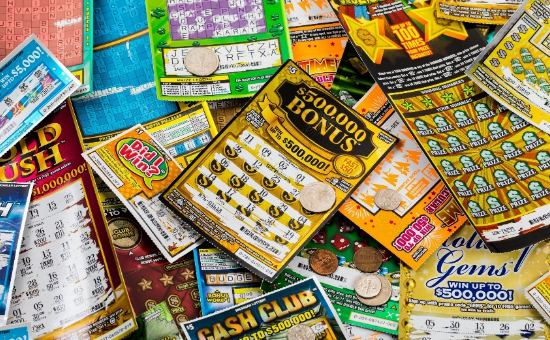
Origins of the “tax on the poor”
It is said that some classical British economists believed that the lottery was actually a tax imposed on the unlucky and poor people who were self-absorbed.
Another view is that the reason why the growth rate of the lottery industry outpaced the GDP growth rate is that "people love to buy lottery when they are poor, imagining that the jackpot will fall on their heads one day". People with low income, compared with the high-income ones, have contributed more lottery sales because poor people often dream to become rich overnight.
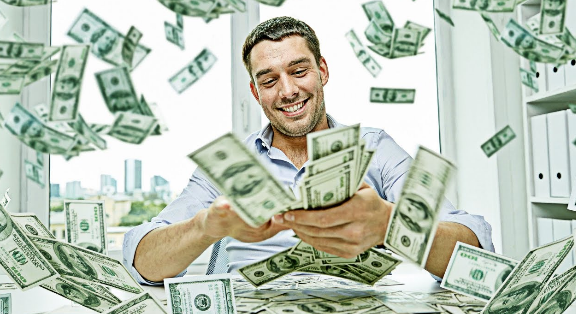
American scholar Garett ever conducted an economic study on this in 2011, and finally concluded that the proportion of lottery issuance in a country will increase with the increase of GDP, but after reaching a certain level, it will decrease with the increase of GDP.
Another important reason why the poor are willing to buy lottery tickets is that the investment in the lottery is relatively small and the return is quite high (even if the probability of winning the lottery is very small), and a three-dollar or five-dollar lottery ticket is not a huge expenditure even for people with low income. And the stimulus of this small amount of money has a significantly higher impact on the poor than on the rich.
For example, if Bill Gates won 5,000 dollars in a lottery ticket one day, a number that is insignificant to him, he may just feel a little bit of lucky; but if the 5,000-dollar lottery ticket falls on us, I believe that everyone is likely to be too excited to sleep.
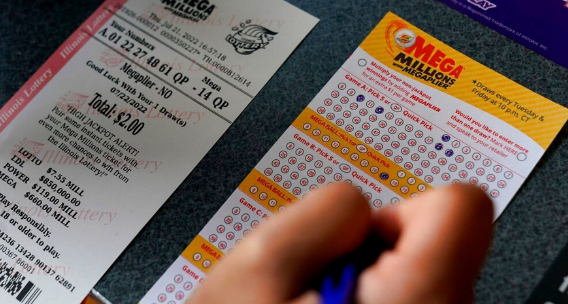
In reality, many low-income groups have a dream of "getting rich overnight", and because of this, it is not uncommon for some people to buy lottery tickets by borrowing money, and even ruin their families in the end.
These "new blue-collar workers" who are obsessed with "winning the lottery to change their destiny" should stop and learn to try to study hard and polish their skills. The essence of the lottery determines that the people who are favored by the God of luck can only be a minority, and they cannot see it as a tool for investment and financial management, let alone the idea of relying on it to get rich overnight.

